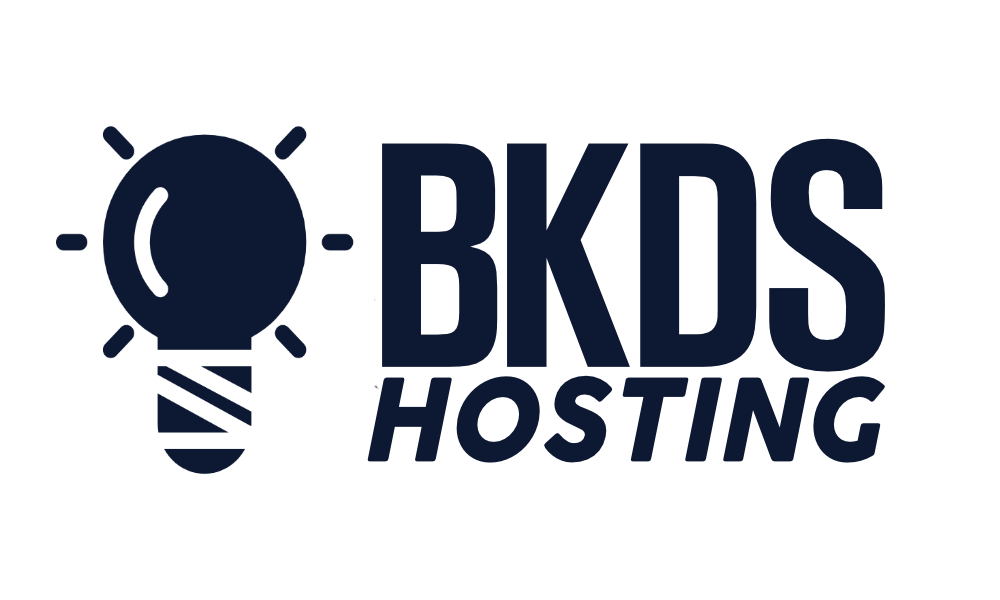In the contemporary digital landscape, business scalability is a fundamental aspect that can significantly determine a company's growth trajectory. The process of enhancing this scalability begins with a seemingly simple, yet crucial component: your website hosting. A well-chosen hosting service, coupled with an optimized website infrastructure, can dramatically influence your business's capacity to accommodate higher traffic, maintain optimal performance levels, and ultimately, support business expansion. However, the complexities of website hosting, which range from security concerns to data utilization, necessitate a comprehensive exploration. Thus, we aim to provide an informed discussion on the crucial role of website hosting in business scalability and how businesses can navigate this intricate yet rewarding endeavor.
Identifying Scalability Needs

In the realm of website hosting, a crucial strategic consideration lies in identifying scalability needs, particularly discerning telltale signs of impending necessity for scaling such as unusual website behavior and server overload. Business scalability is a paramount concern for website owners as it directly impacts the potential for future growth.
A scalable website is not a luxury but a necessity, especially when server resources are continually strained. Partnering with a scalable hosting provider that supports scalability needs ensures a smooth scaling process; this should be a critical part of any hosting plan.
Scaling requires adjusting the current infrastructure to handle an increased workload. This might involve upgrading hardware, cloud infrastructure, and optimizing images and videos. Utilizing a robust caching engine, investing in mobile optimization and a content delivery network (CDN), are also key considerations.
Moreover, leveraging data and analytics plays a significant role in identifying scalability needs. Website owners can understand customer behavior, make data-driven decisions, and plan for potential impacts on sales and customer relationships by harnessing these insights. Therefore, choosing the right hosting services that can anticipate and accommodate growth is undeniably critical.
Choosing the Right Hosting Service
How do you select an ideal hosting service that not only comprehends the scalability needs of your business, but also offers a range of services including automation, high-performance communication channels, and an infrastructure capable of handling increased workloads efficiently? Choosing the right hosting service is a strategic decision for your online business that demands a detail-oriented approach.
The following steps guide you in this journey:
- Understand Your Business's Scalability Needs: A deep understanding of your business's scalability needs is paramount. The server hosting solution chosen should be able to handle the anticipated customer base growth.
- Evaluate Available Services: The hosting service should offer a wide range of services. This includes automation for efficient web processes, high-performance communication channels for smooth online customer interactions, and server capabilities that ensure your website's optimal performance.
- Assess Infrastructure Capacity: The hosting solution must possess an infrastructure robust enough to handle increased workload, ensuring the website remains efficient and responsive, even under pressure.
Optimizing Website Performance

Optimizing website performance is a crucial aspect, requiring strategic methods such as reducing server load through image and video optimization, employing a robust caching engine, and ensuring mobile optimization. This allows businesses to scale their website effectively and efficiently, resulting in enhanced business scalability.
A key factor to consider when optimizing website performance is load balancing, which ensures that the website's traffic is evenly distributed across several servers. This technique aids in minimizing the server load, which in turn, improves website scalability.
Shared hosting, though cost-effective for small businesses, may not be the best solution when scalability is in mind. As your business grows, the need for vertical scaling becomes evident, requiring more resources and computational power.
Another aspect to consider is the use of solid-state drives as a caching engine, which can significantly increase your website's performance. Even more, considering mobile optimization is not just an option but a necessity due to the significant rise in mobile users.
All these factors, when strategically implemented, contribute to optimizing website performance, helping businesses achieve scalability. Remember, a faster and more efficient website not only enhances user experience but also plays a pivotal role in achieving business objectives.
Ensuring Website Security
While achieving optimal website performance and scalability is a vital business objective, it's equally critical to prioritize measures for ensuring website security, to safeguard both business and customer data. The rise in the number of users and high traffic can put a strain on the current infrastructure if not managed properly. Additionally, a spike in traffic without adequate security measures can expose the website to vulnerabilities.
- Implement Regular Monitoring and Scanning: Hardware and software should be continually monitored and scanned for vulnerabilities. Be proactive in identifying potential threats and patch them before they can be exploited.
- Invest in Reliable Security Tools: Utilize antivirus software and firewalls to counteract potential threats. This investment can aid in handling increased traffic, ensuring a seamless user experience, and maintaining the integrity of business and customer data.
- Automate Security Measures: Manual security checks are prone to human error. Automating these processes can save time, reduce errors, and enhance the overall security of the website.
Utilizing Data for Scalability

Harnessing the power of data and analytics is a strategic approach for website scalability, providing valuable insights into customer behavior and facilitating data-driven decision-making. With the increasing traffic to your website, it's crucial to make sure that your infrastructure is ready to scale. Utilizing data can help you determine how to efficiently scale your resources as your business grows.
When considering scalability, one cannot ignore the importance of content delivery. Properly analyzing data can provide a clearer picture of your audience's needs, which in turn makes it easier to tailor content delivery to meet these demands. In terms of infrastructure, a data-driven approach can also identify potential bottlenecks that may hinder scaling and suggest necessary upgrades or changes.
Scale is not a one-size-fits-all concept. Each business has unique needs and goals. Therefore, it's advantageous to leverage data to draft a scalability strategy that aligns with your specific objectives. For instance, if your data indicates a surge in traffic during a specific time, you can plan to scale your resources accordingly. In conclusion, leveraging data not only helps in making informed decisions but also ensures a smooth scaling process as your business grows.
Conclusion
In conclusion, effective business scalability relies on implementing strategic website hosting techniques. This involves identifying scalability needs, choosing a suitable hosting service, optimizing website performance, and ensuring website security. Utilizing data to build scalability is also crucial. These strategic measures facilitate the creation of a robust and adaptable website, capable of supporting business growth and accommodating an expanding customer base, thereby enhancing overall business scalability.

